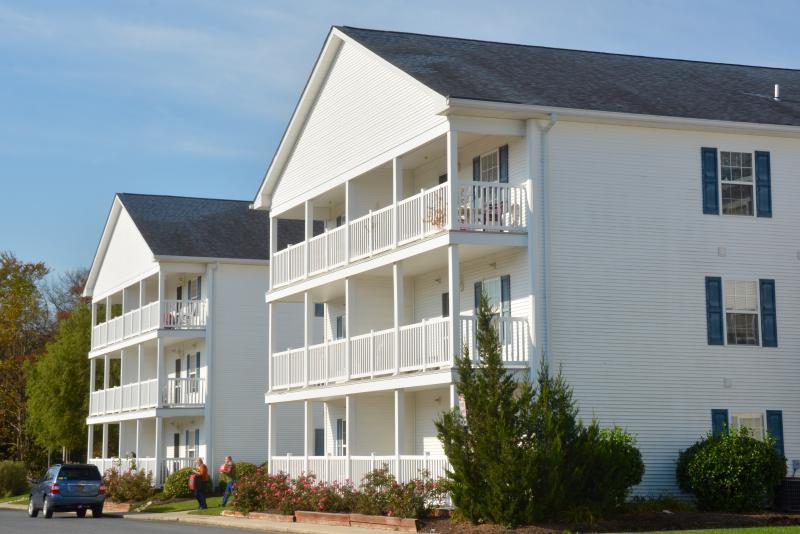Sussex officials try rental program a second time
For eight years, no developer has participated in a program designed to provide affordable rental units in Sussex County. Now county building officials are going back to the drawing board to revive the program.
At its Nov. 1 meeting, county council unanimously approved an amended rental program ordinance. “It's been stagnant, and this should provide a boost to the program,” said Brandy Nauman, Sussex County's housing coordinator and fair housing compliance officer.
One goal of the program is to target eastern Sussex County developers to build more affordable apartment units. The Cape Region has been designated an area where affordable housing is in the most demand in the county.
Stephanie Hanson, an attorney who helped write the ordinance, said at least one developer is ready to apply for the program. She said changes were made after several meetings with stakeholders.
Councilman Rob Arlett, R-Frankford, asked staff how many affordable units currently exist on the eastern side of the county. “Zero,” Nauman answered. “There is a need. The original program was created at the height of the building boom. Then when it crashed, developers lost financing and some projects went to foreclosure. We've tweaked it to attract developers,” she said.
Under the voluntary program, developers who provide affordable rental apartment units within their projects will receive a 20-percent bonus density – not to exceed 12 units per acre – and an expedited review during the county's planning and zoning process. The program is aimed at encouraging developments in or near town centers, developing areas and environmentally sensitive developing areas, particularly in eastern Sussex County.
At least 12.5 percent of the total units must be affordable rentals under guidelines for low- to moderate-income residents. Projects must be served by public sewer and water.
Landlords are responsible for marketing, leasing and determining tenant eligibility for the affordable units, which must be integrated into the community and not be substantially different in external appearance from other units. Hanson said Sussex County officials will maintain oversight of the program.
Rent for affordable units will be 25 percent of the total gross monthly income of the household. For example, a family with $2,000 gross monthly income would pay $500 per month, including trash services, parking and water and sewer utility costs.
Tenants must be U.S. citizens, not convicted of a felony and have a satisfactory credit history and criminal record. Tenants must be employed and live in the county for at least one year with waivers available on a case-by-care basis.
Although he voted in favor of the ordinance, Councilman George Cole, R-Ocean View, was skeptical of its success and was critical of providing increased density in areas that already have growth-related issues.
“I don't have much confidence in this and density is not the cure for all our ills,” Cole said. “We already have density-related issues.”
During the Nov. 1 public hearing, county staff said they incorporated what has worked in other nearby counties into the Sussex program.
Cole said what has worked in other areas probably won't work in a coastal resort area. “You can throw the book away because there are different rules,” he said.
What has made it work elsewhere, Cole said, is that it's mandatory. “Until we require it, it's just a feel good program. Making it mandatory would be a big step for Sussex County and there should be thoughts to that,” Cole said.
HOUSING FACTS
• The waiting list in Kent and Sussex counties for affordable rental housing programs exceeds 5,000 residents and the average waiting time is 18 months.
• The wage a Delaware family must earn to afford current average rent is $16.61 an hour.
• In Sussex County there are more than 3,600 at-risk renter households making less than $20,000.
Source: Sussex County and Delaware Housing Coalition



















































